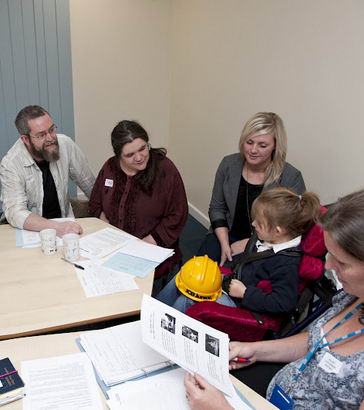Once educators become involved in research, they have responsibilities to:
- The people involved to make sure they are fully informed about the research, and not harmed as a result (eg physically, personally, socially and emotionally, etc.);
- Participants and fellow researchers that their research reporting is truthful, open to investigation and useful – others may want to use or build on our findings.
There are also research principles that researchers are expected to work by:
- Truth and honesty;
- Respect;
- Knowledge and competency;
- Openness and transparency;
- Open-mindedness;
- Thoroughness;
- Commitment;
- Causing no harm.

Research ethics are a code of practice for people carrying out research. They set boundaries and guide people how to behave in research situations. They are based on the core principles of justice, respect and doing no harm (Belmont Report, 1979).
Research ethics can be divided into three areas:
- Your own beliefs as a researcher;
- How you work with others in research;
- How you carry out the research itself.
Do not assume that all researchers work ethically – media stories tell us otherwise!
The Telegraph (3.3.11): Millions of surgery patients at risk in drug research fraud scandal.
Lessons from history are even more horrifying:
- 1946-1947: The Doctors Trials (part of the Nuremburg Trials);
- 1958 Thalidomide;
- 1932-1972 Tuskegee Syphilis Study.
You can find out more about these research scandals in the following leaflet: Research scandals – lessons from history.
As a result, international codes of practice were developed (see 'Find out more (2)').
Today many professional organisations publish research guidelines. Most recently, organisations have added specialist guidelines
for including young and vulnerable people in research and for research related issues such as consent from people with
developmental disabilities.
For example:
British Educational Research Association (BERA) guidelines (2011)
Social Research Association (2003)
Individual research projects also have ethical statements: Ethical research code and form

British Educational Research Association (2011) Ethical Guidelines for Educational Research. London: BERA (accessed 12.1.12).
Social Research Association: Ethical guidelines (2003) London: Social Research Association (accessed 12.1.12).
Shaw, C., Brady, L.-M. and Davey, C. (2011) Guidelines for Research with Children and Young People. London: National Children's Bureau (accessed 12.1.12).

If you wish to read around this area, the following three publications are particularly illuminating.
The Belmont Report: Ethical Principles and Guidelines for the protection of human subjects research (accessed 12.1.12).
Declaration of Helsinki – Ethical Principles for Medical Research Involving Human Subjects (accessed: 12.1.12).
Nuremburg Code: Regulations and Ethical Guidelines (accessed 12.1.12).